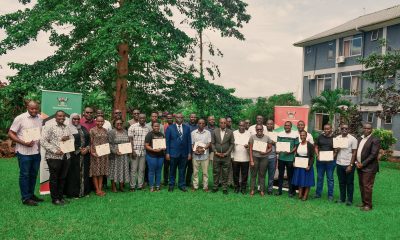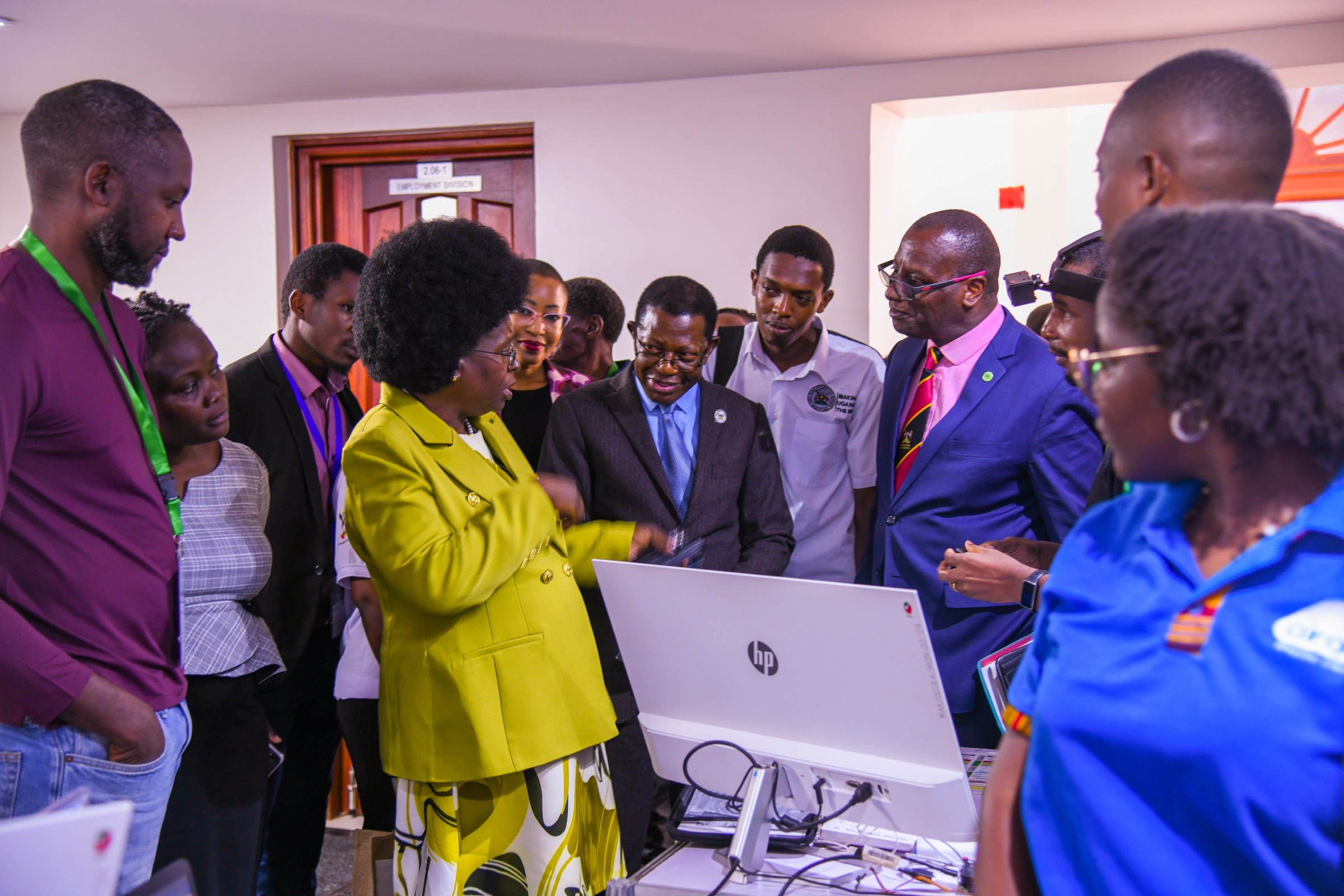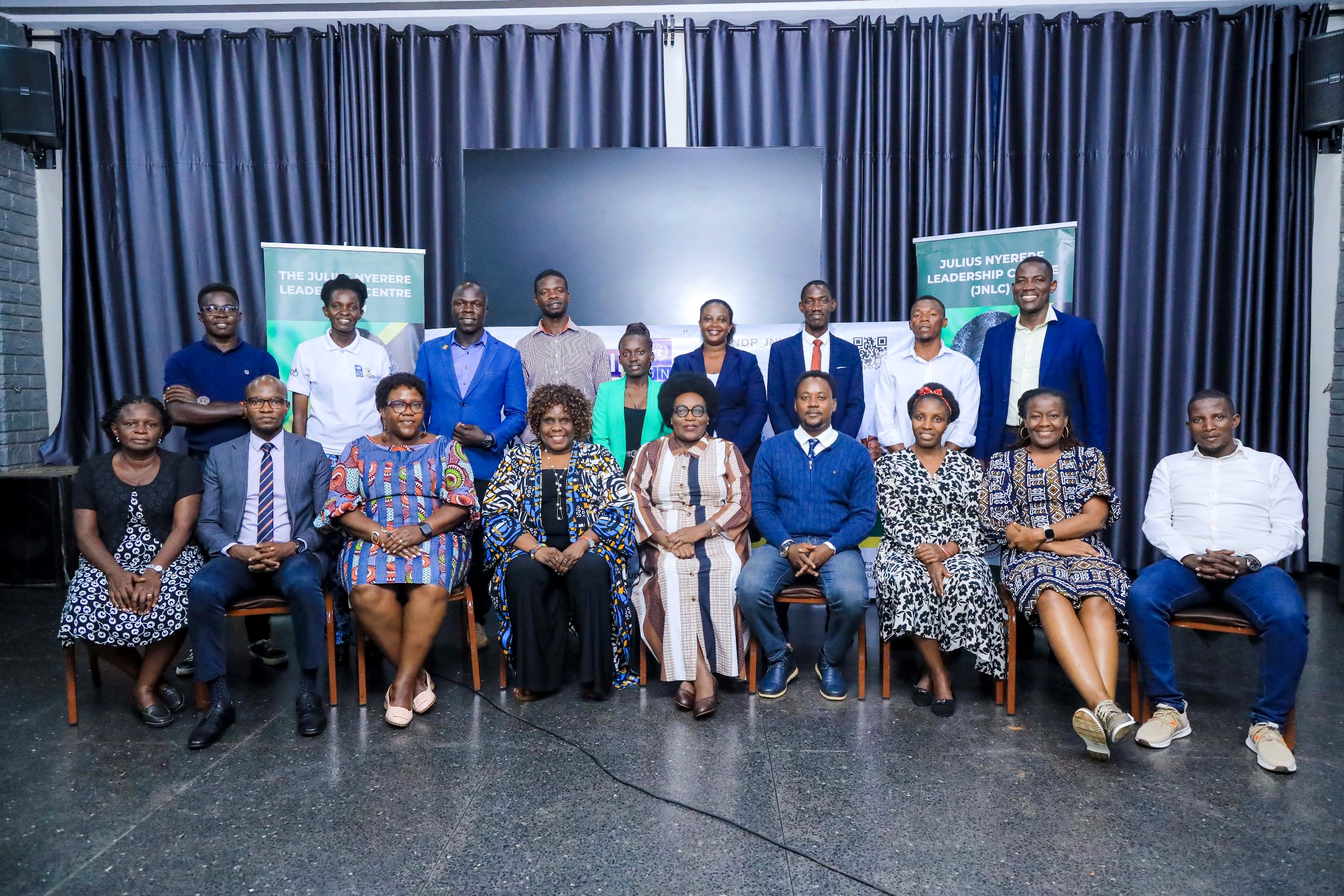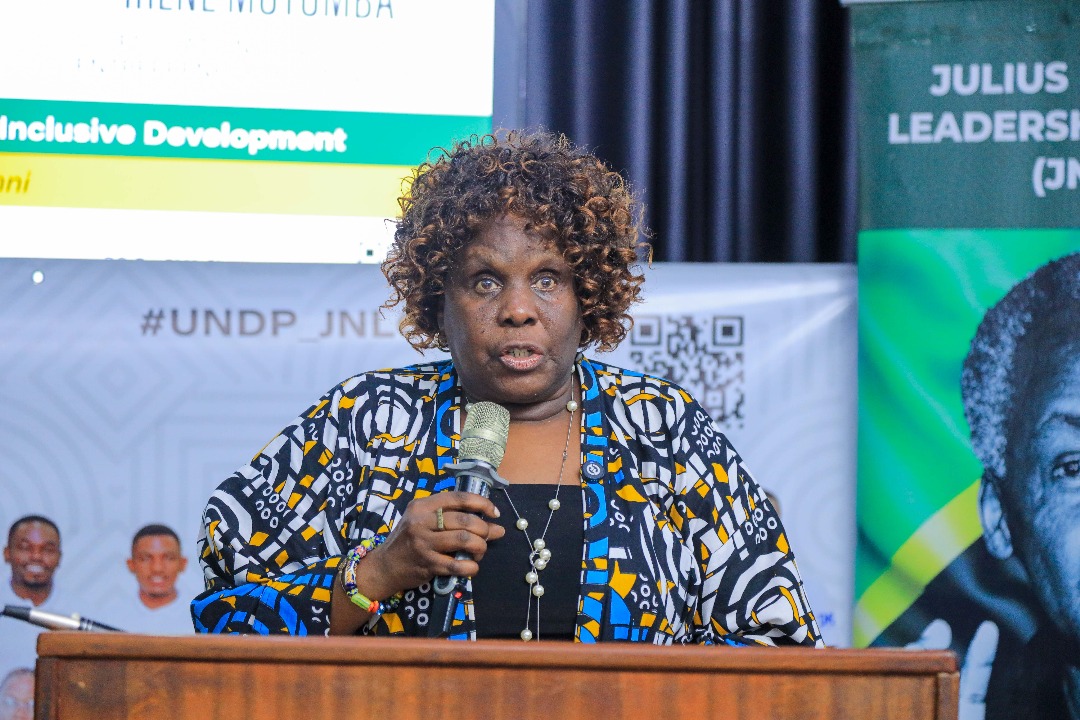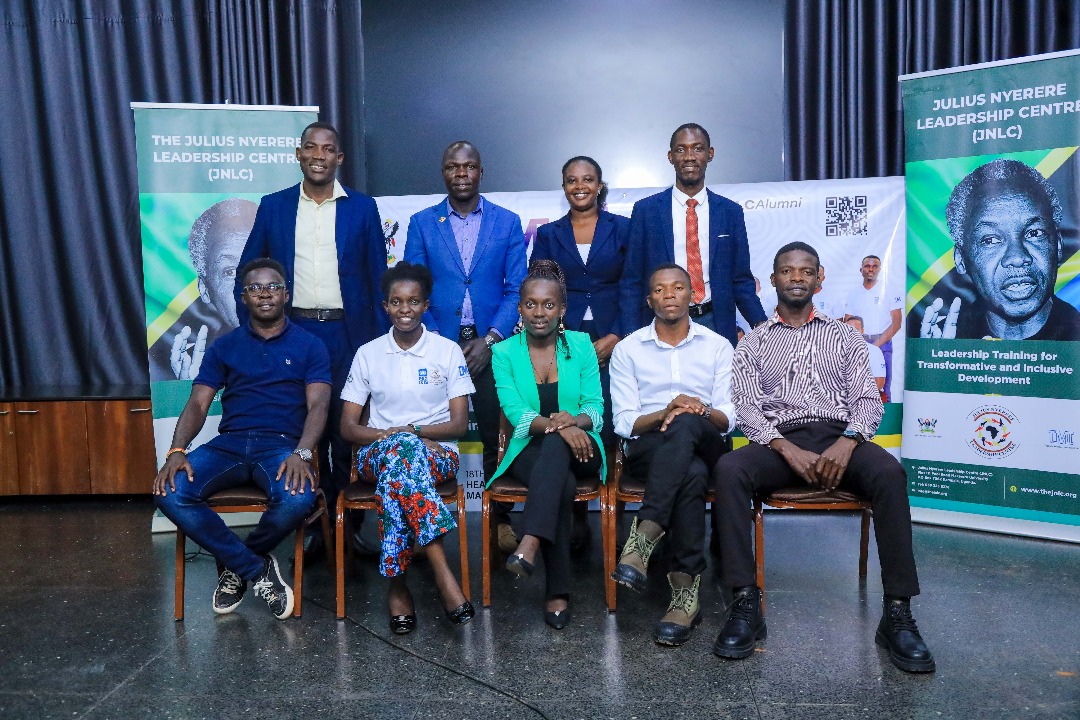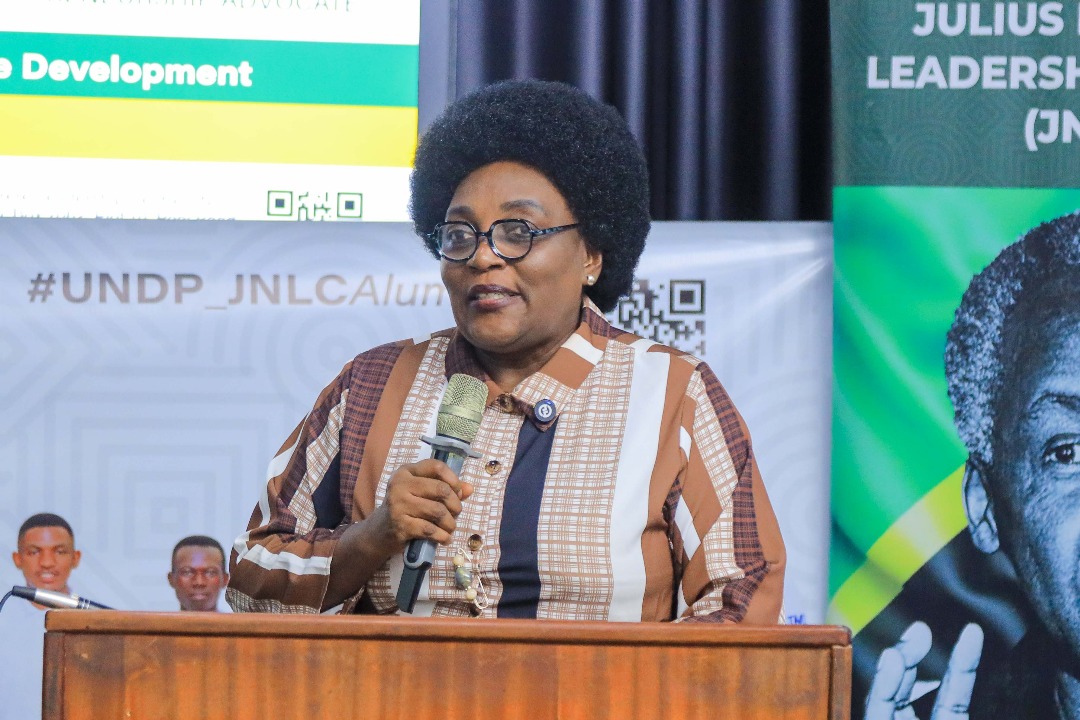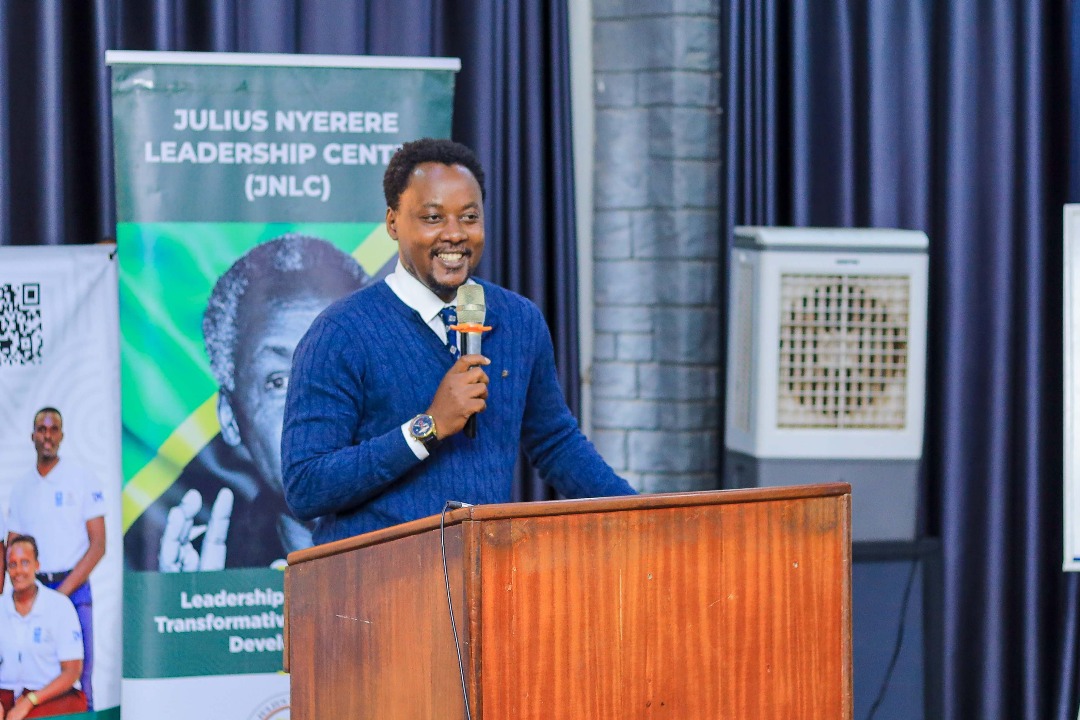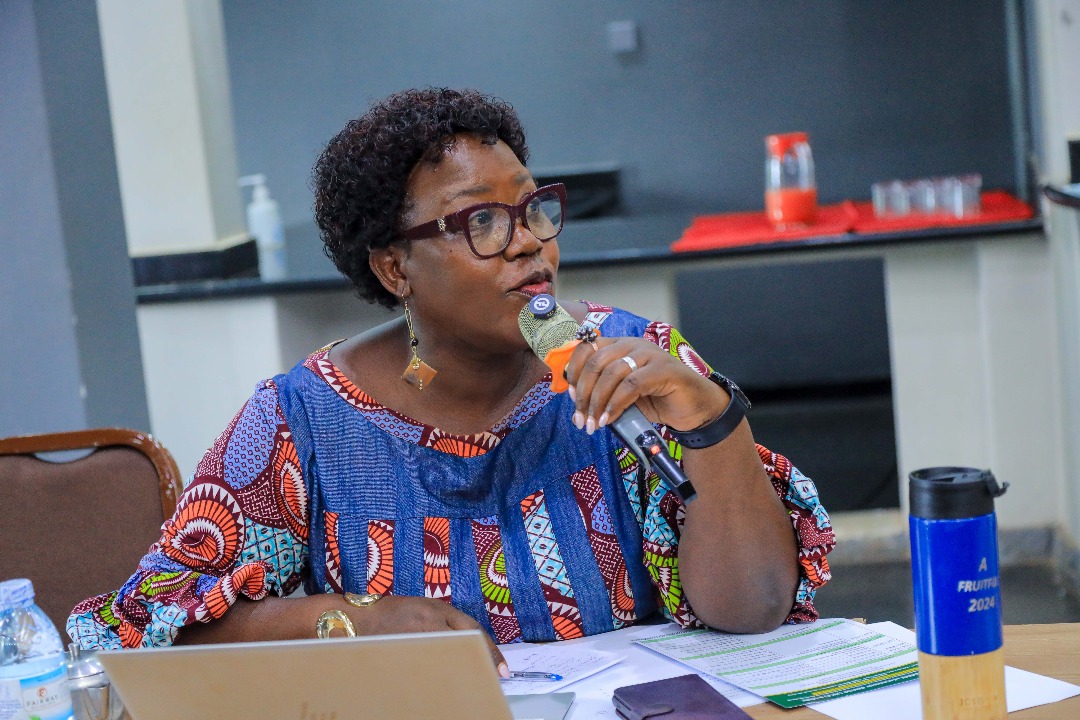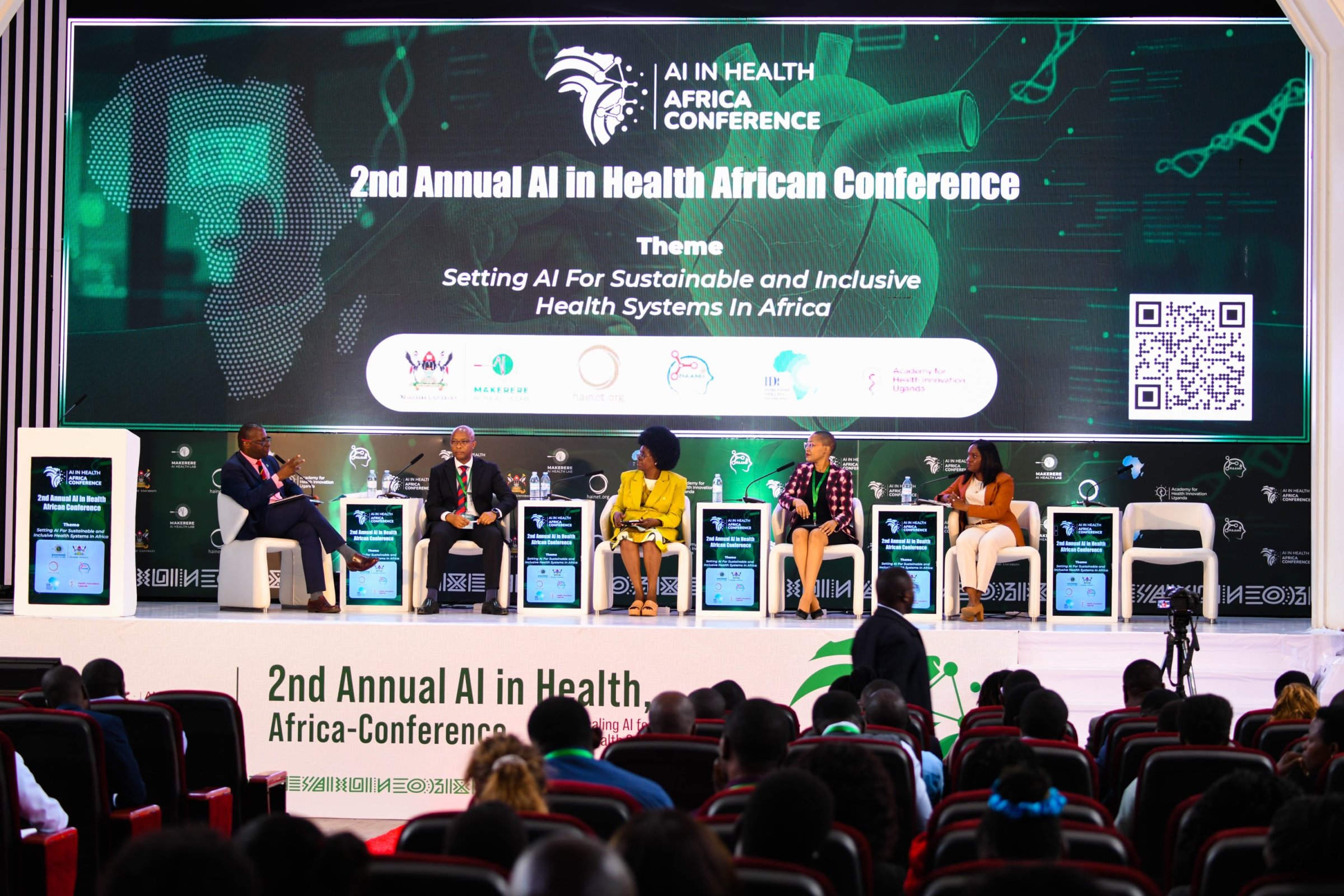May 3, 2021—The Marconi Society today announced that applications are open for the Celestini Program, a workforce development and STEM education initiative that pairs underrepresented students with training, mentorship, funding, and meaningful opportunities to use new technologies to make a difference in their local communities.
This project is a partnership with the Research Education Network for Uganda (RENU), a cooperative research and education network of Ugandan institutions, ResilientAfrica Network (RANLab), a research and innovation partnership of 23 African universities that nurtures and scales innovations from its member organizations, and Network Startup Resource Center (NSRC), a global leader in network technology and workforce development.
“We envision a future where practitioners of communications technology are as diverse as the population they need to serve,” says Samantha Schartman-Cycyk, Executive Director of the Marconi Society. “Through this partnership, we bring together decades of experience in networks, mentorship, and workforce training to provide hands-on experience to students who will define the future of STEM.”
“Our vision is to create a national research and education environment in which Uganda’s researchers and scholars effectively contribute to knowledge creation, dissemination and application in solving society’s problems through local and international collaboration,” says Nicholas Mbonimpa, RENU’s Chief Executive Officer. “ This partnership provides a very good opportunity for students and researchers of our member institutions to acquire skills and develop their concepts and ideas into solutions for our community.”
“Our mission is to strengthen resilience in Africa through University-led local innovative solutions using evidenced-based approaches,” says Professor William Bazeyo, RAN Chief of Party/Lab Director. “This partnership is yet another opportunity for our students, innovators, and researchers to positively contribute to addressing diverse and complex challenges in the communities in which we live and serve. As we implement this project activities, we shall also largely leverage RAN’s innovation management expertise and experience to grow community members including ICT faculty and students’’, Prof. Bazeyo added.
The program consists of two tracks:
- The eduroam: Expanding Remote Access to Information track will provide job training and opportunities in network services management while vastly expanding student and faculty access to university resources on- and off-campus.
- The LoRaWAN: Sensor Networks Solving Local Problems track offers students the chance to learn about and use the cutting-edge Long-Range Wide Area Network technology, exploring the solutions this network could offer to community problems.
All student applicants must be enrolled at a RENU member university to be considered.
eduroam: Expanding Remote Access to Information
Applications due May 28, 2021
This workforce development initiative is for undergraduate students entering their final year of university and provides the opportunity to gain skills in identity management and database administration, mentorship from global leaders in Information and Communications Technology (ICT), and post-program engagement managing their university’s rollout of eduroam.
By deploying and maintaining this technology across universities in Uganda, this project aims to develop a more robust infrastructure of interconnected higher education institutions by widening access to educational resources and communications. The program runs for eight weeks, after which students will be required to support the ICT team of their university during their final year to manage the ongoing administrative and technical responsibilities of the service, possibly leading to future jobs in these areas.
Students must be enrolled in and pursuing a Bachelor’s degree in computer science, computer engineering, software engineering, or telecommunications engineering at the time of application.
Applications open May 1 and are due by the end of the day, May 28, EAT. The program runs for eight weeks, from Monday, June 21 through Friday, August 20 . Participating students must attend an on-site training in Kampala at the RENU Secretariat.
LoRaWAN: Sensor Networks Solving Local Problems
Applications due June 18, 2021
This initiative is for graduate (Master’s or PhD) student proposals to use a LoRaWAN (Long-Range Wide Area Network) environment to create technology proofs of concept that address local community needs, with guidance from mentors who are global leaders in ICT, technical and equipment support from NSRC, and funding up to $5,000 per project from the Marconi Society.
NSRC will partner with the International Centre for Theoretical Physics (ICTP) in Italy to provide technical support, training materials, and assist Ugandan faculty researchers and students with procuring sensors and LoRaWAN gateway equipment to enable sustainable deployments in the field.
The goal of this track is to allow students to get hands-on experience using new technology while partnering with the community and thinking creatively about user-focused applications. In order to ensure community input, each project should include collaboration with at least one community-based organization.
Applications open May 1 and are due by the end of the day, June 18, EAT. The program runs through the 2021–2022 academic year, beginning August 1, 2021. It is designed to be compatible with a full course load. While student applicants are not required to be enrolled in technical programs, it is suggested that applicants outside of ICT-based fields enlist a collaborator with the skills to use LoRaWAN technology.
History of the Program
Celestini: Uganda is an extension of the Celestini Program, the Marconi Society’s experiential learning initiative developed by its Paul Baran Young Scholars. It aims to create a strong and diverse engineering profession by pairing students with resources to gain hands-on technical experience while pursuing projects that address community needs.
Past student-led projects include using sensing technology to monitor air quality in India, addressing water waste in Colombia using Internet of Things technology and machine learning, and increasing civic engagement in Rwanda through a mobile application.
The Celestini Program operates using a partnership model, wherein a local institution collaborates with leaders in the Marconi Society’s network to empower students to use new technologies to address local problems with guidance from leaders in ICT.
About the Marconi Society
The Marconi Society envisions a world in which everyone can create opportunity through the benefits of connectivity. The organization celebrates, inspires, and connects individuals building tomorrow’s technologies in service of a digitally inclusive world.
About the Network Startup Resource Center (NSRC)
The Network Startup Resource Center (NSRC) works directly with the indigenous network engineers and operators who develop and maintain the Internet infrastructure in their respective countries and regions by providing technical information, engineering assistance, training, donations of networking books, equipment and other resources.
About Research Education Network for Uganda (RENU)
Research and Education Network for Uganda (RENU) is a nonprofit National Research and Education Network (NREN) that offers affordable services uniquely designed to enable collaboration among its member institutions and their global partners. The network is a cooperatively owned and community-driven service provider that helps to facilitate research and education networking among its member institutions.
About ResilientAfrica Network (RANLab)
The ResilientAfrica Network (RAN), funded by USAID, is a research and innovation partnership of 23 Universities across 16 African countries led by Makerere University. RAN strengthens and builds the resilience of African communities by identifying, nurturing and scaling cross disciplinary innovations to respond to community most pressing challenges.
Support
The Celestini Program is supported by the Thornton Tomasetti Foundation.
Contact:
Caroline Tuhwezeine
Communications Officer, RENU
communications[at]renu.ac.ug
Harriet Adong
Director of Communications, Learning & Knowledge, RANLab
hadong[at]ranlab.org
Taia Pandolfi
Marketing & Communications Manager, the Marconi Society
taia[at]marconisociety.org
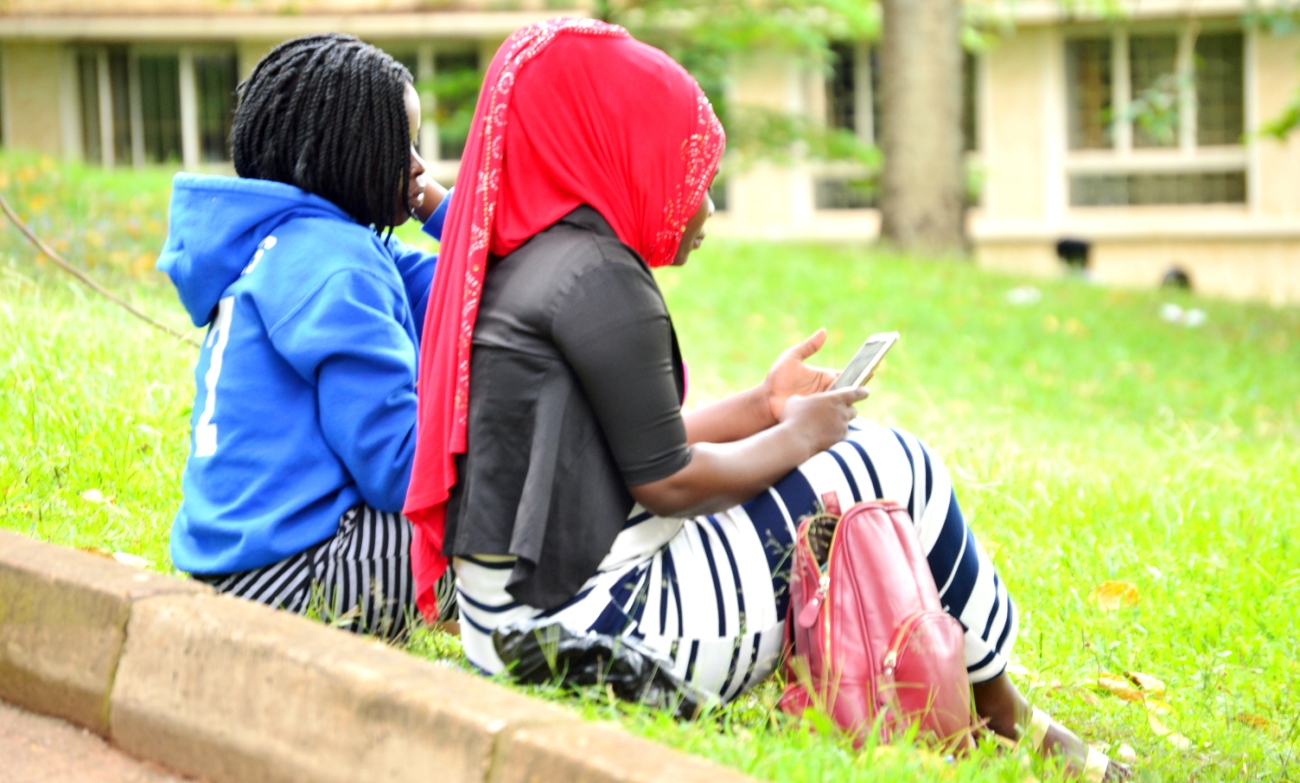

 Humanities & Social Sciences1 week ago
Humanities & Social Sciences1 week ago
 General1 week ago
General1 week ago
 Health2 weeks ago
Health2 weeks ago
 Agriculture & Environment2 weeks ago
Agriculture & Environment2 weeks ago
 General2 weeks ago
General2 weeks ago
